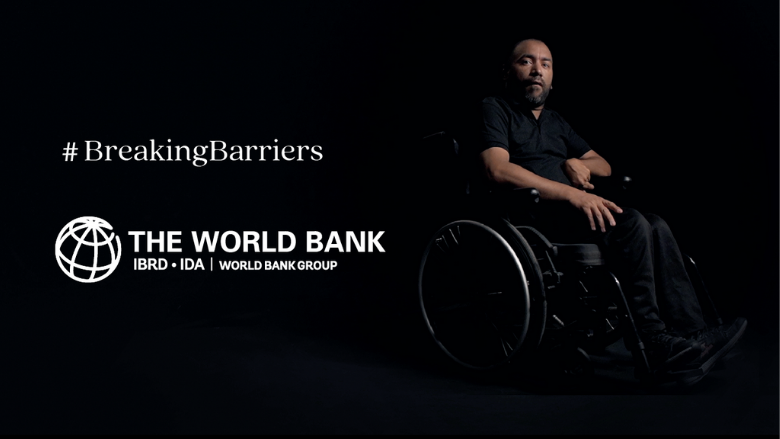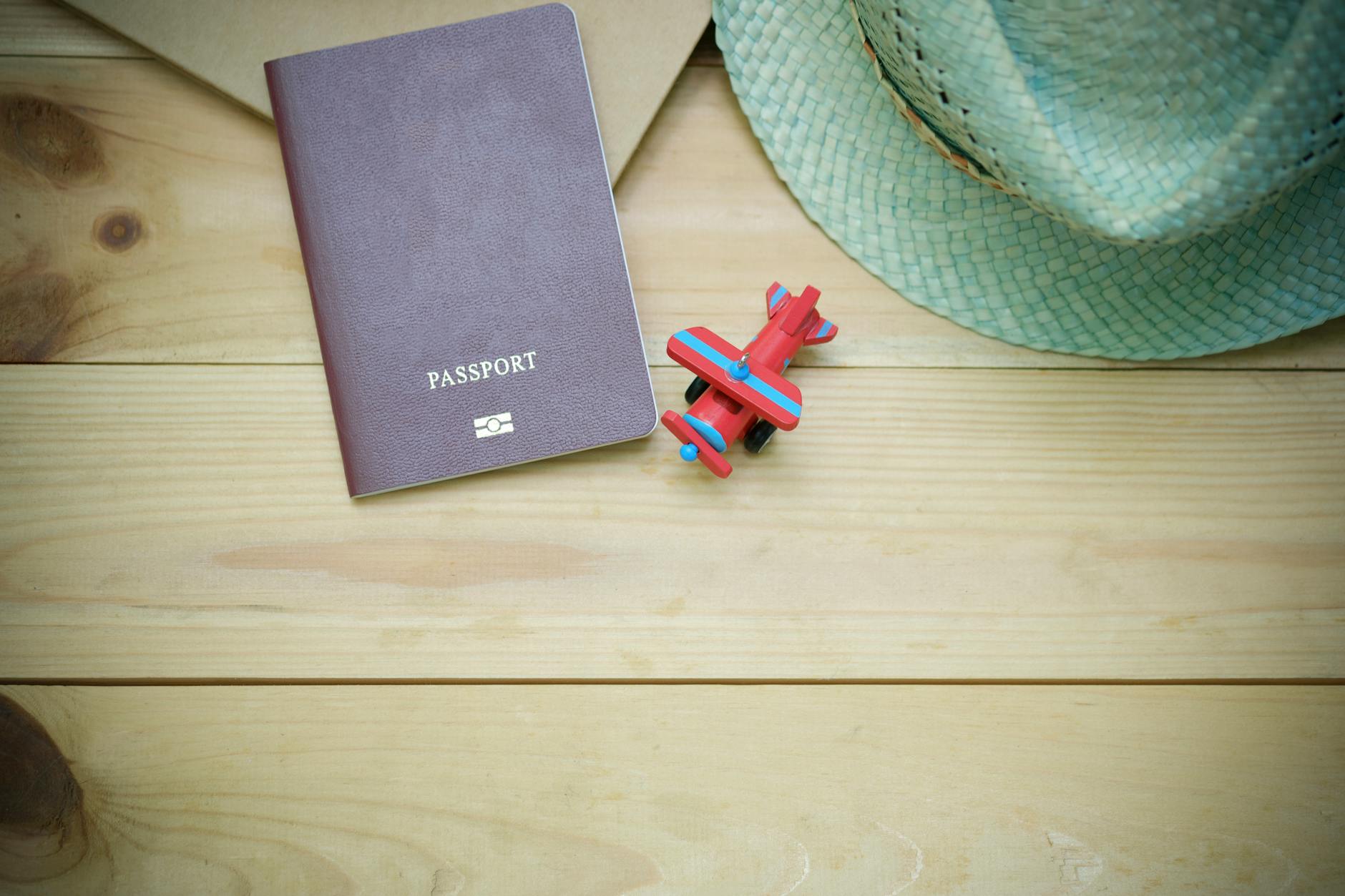Table of Contents
Understanding the Discrimination Faced by Indians in South Korea
Economically, Indians often find themselves facing barriers and unequal opportunities in the job market. Despite their qualifications and skills, they are sometimes overlooked in favor of native Koreans or other foreign nationals. This systemic economic discrimination not only hampers their career prospects but also perpetuates a cycle of exclusion.
Social discrimination poses another significant challenge for Indians in South Korea. They often experience stereotypes and biases, fuelled by cultural differences and a lack of understanding. As a result, they may face social exclusion, leading to feelings of alienation and isolation.
Cultural discrimination further compounds the challenges faced by Indians in South Korea. The stark differences between Indian and Korean cultures can sometimes lead to misunderstandings and friction. The language barrier, in particular, can play a crucial role in perpetuating cultural discrimination, as effective communication and integration become more challenging.
Several factors contribute to the discrimination faced by Indians in South Korea. Deep-rooted stereotypes and biases about different ethnicities and nationalities play a significant role in perpetuating discrimination against Indians. Additionally, the language barrier becomes a significant hindrance to efficient communication and understanding, often leading to misunderstandings and preconceived notions about Indians.
The Impact of Discrimination on the Indian Community in South Korea
Furthermore, discrimination limits the professional and educational opportunities available to Indians in South Korea. Many qualified individuals struggle to secure employment or access higher education due to prejudiced practices. This not only stifles individual growth but also inhibits the overall progress and diversity of society.
Discrimination also creates strains in social relationships, contributing to a sense of isolation for Indians living in South Korea. Building meaningful connections and forging friendships become challenging when faced with prejudice and exclusion. This social isolation can perpetuate a cycle of discrimination, as it becomes difficult for Indians to integrate fully into Korean society.
Initiatives and Efforts to Promote Inclusion and Combat Discrimination
 |
| Image courtesy of www.therapyden.com via Google Images |
The South Korean government has taken steps to address discrimination against Indians and other minorities. Legislation has been enacted to protect individuals from discrimination based on ethnicity and nationality. Furthermore, integration programs and initiatives have been developed to promote cultural understanding and inclusivity.
Non-governmental organizations and community efforts play a vital role in supporting the Indian community in South Korea. Support groups and counseling services provide emotional assistance to those facing discrimination. Cultural exchange programs and events serve as platforms to bridge the gap between Indian and Korean cultures, fostering understanding and respect.
Success Stories and Challenges Ahead
While discrimination remains a persistent challenge, there are success stories of Indian individuals who have overcome adversity in South Korea. Their remarkable achievements serve as an inspiration to others and highlight the resilience and strength of the Indian community.
However, challenges persist, and there is still work to be done. Language and cultural barriers continue to pose significant obstacles, and deep-rooted stereotypes and biases take time to dismantle. To create a genuinely inclusive society, concerted efforts are needed from all stakeholders involved.
Steps Towards a More Inclusive Society
The road to a more inclusive South Korea begins with education and awareness. Educating both Koreans and Indians about each other's cultures, traditions, and histories is essential in breaking down stereotypes and fostering respect.
 |
| Image courtesy of www.worldbank.org via Google Images |
Conclusion
Unveiling discrimination against Indians in South Korea sheds light on the challenges faced by a vibrant and diverse community and emphasizes the need for change. By recognizing the various forms of discrimination, understanding their impact, and taking concrete steps towards inclusion, we can strive towards creating a society that embraces diversity, dismantles biases, and fosters a sense of belonging for all.
Let us join hands and work towards breaking down barriers, celebrating differences, and creating a more inclusive South Korea for future generations.



0 Comments